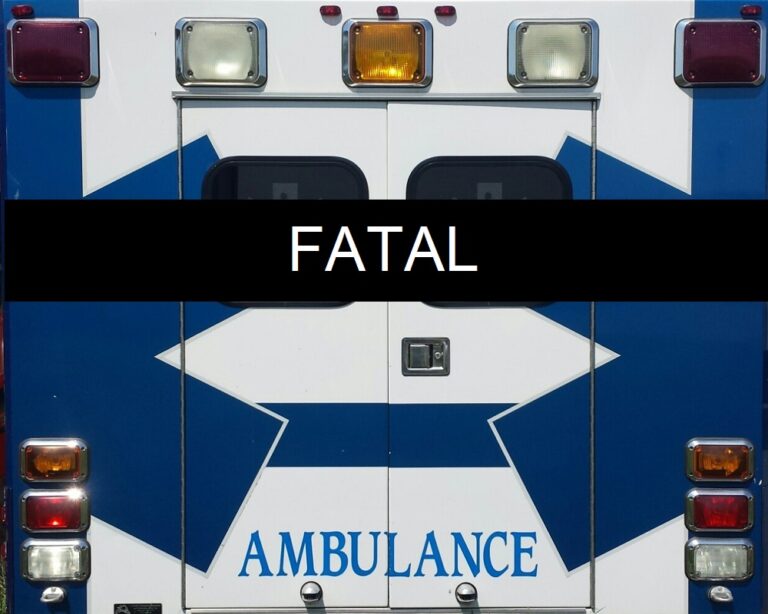Sheldon, Iowa — This is Severe Weather Awareness Week in Iowa. Each day this week, the National Weather Service is focusing on a different severe weather topic.

Today’s topic is family preparedness.
Disasters of all kinds disrupt hundreds of thousands of lives every year. FEMA and the National Weather Service say that each disaster has lasting effects, both to people and property. If a disaster occurs in your community, local government and disaster-relief organizations will try to help you, but you need to be ready as well. Local responders may not be able to reach you immediately, or they may need to focus their efforts elsewhere. Being prepared for a disaster can reduce fear, anxiety, and losses that accompany disasters.
According to FEMA, There are five key elements to a disaster plan:
- Learn about possible dangers in your area and become familiar with your community’s disaster response plan. Common disasters in Iowa include flooding, severe thunderstorms and tornadoes.
- Talk to your family about what to do in the event of an emergency. Pick two locations where you will meet: one close to your home and another removed from your neighborhood to be used if you are unable to return to your residence.
- Develop a crisis communications plan to insure that your family will be able to stay in contact if you are separated during a disaster.
- Create emergency preparedness kits for your home, office and car.
- Practice your plan.
Sioux County Emergency Management Director Nate Huizenga says there are certain things we should keep in a disaster kit.
Click or tap the play button above or this link to listen.
For more information about what to keep in a disaster kit and a first aid kit, developing your family evacuation plan, preparing your home and just generally being prepared for disasters, follow these links.
To register for the Nixle service click here.
For more information, click here for the National Weather Service’s Family Preparedness Pamphlet.
For severe weather safety and preparedness information in Spanish, please click here (en Español).
Para obtener información sobre la preparación de mal tiempo, haga clic aquí. (en español)












